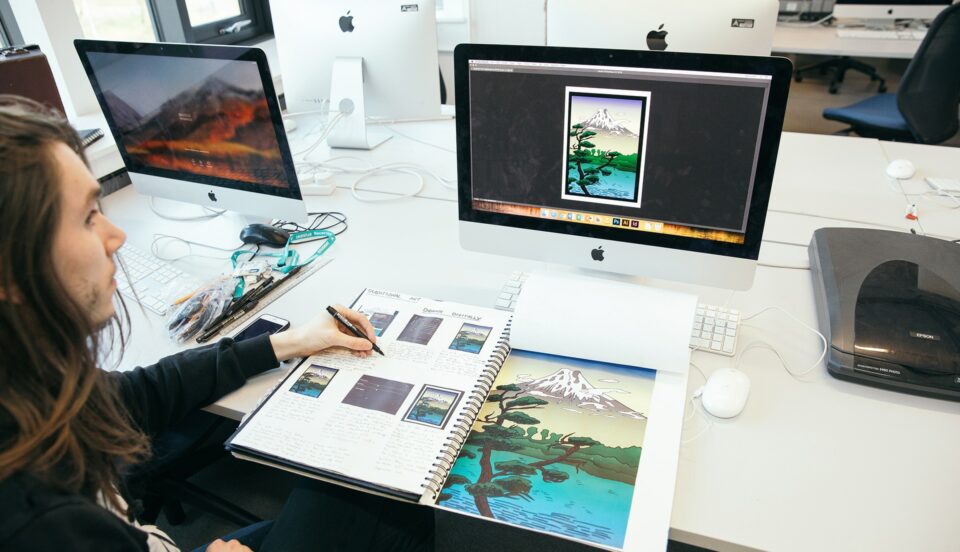
Activate Learning is an approved centre for this UAL Awarding Body qualification: UAL Level 2 Award and Diploma in Creative Media Production and Technology. This UAL qualification will be delivered with a focus on Games Development.
The UK video games industry is booming, and it is an increasingly popular career choice for young people who want to get involved in the technical and creative development of games.
Games Development will teach the entry fundamental basics of how to make video games. If you enjoy playing video games and want to learn how they are created, along with the skills required to join the video games industry, then Games Development is for you. Our courses offer lectures on digital art software, participation in live event-based coding, experience of 2D and 3D animation, as well as lessons on game engines and understanding level design. Whether you’re an artist who wants to develop your skillset in a digital format or you want to learn the basics of coding through event-based code, Games Development is here to help you achieve your goals.
Students on the Games Development Level 2 study programme at Banbury and Bicester College will learn a mixture of work skills in the entertainment technology industry as well as specific craft-based learning, such as the creation of animations and websites.
On successful completion of the programme, students can progress to the Games Development Level 3 Extended Diploma at Banbury and Bicester College, which is the equivalent of three A Levels.
Future job opportunities from the Games Development career pathway include Games Programmer, Designer, Coder, Producer, Animator, Audio Engineer, Tester, IT Technical Support, and many more!
What you'll learn
Games Development will teach the entry-level fundamental basics of how to make video games. If you enjoy playing video games and want to learn how they are created, along with the skills required to join the video games industry, then Games Development is for you.
Our courses offer lectures on digital art software, participation in live event-based coding, experience with 2D and 3D animation, as well as lessons on game engines and understanding level design.
How you'll learn and be assessed
Individual learning targets are set each term, and you receive regular feedback on your progress toward meeting these targets. Formal assessment is through assignments, projects, presentations and practical assessments, which are set at regular intervals throughout the course.
This programme has strong links to industry, reflected through guest speakers and outside clients. You have full access to our new media centre, which consists of a television studio, digital, video and sound editing equipment, a radio studio and computing facilities. You work with specialist tutors on live practical projects.
Additional qualifications in areas such as English, Maths or ICT are assessed by an external exam.
On successful completion, you will be awarded: UAL Level 2 Award and Diploma in Creative Media Production and Technology.
About UAL Awarding Body
UAL Awarding Body believes in transformative education. They design and award creative qualifications that empower and inspire educators to help students reach their potential.
UAL Awarding Body is regulated by Ofqual, Qualifications Wales and CCEA Regulation and currently offers qualifications in Art and Design, Fashion Business and Retail, Creative Media Production and Technology, Music Performance and Production and Performing and Production Arts. They are also the UK’s leading provider of the Foundation Diploma in Art and Design. Their qualifications have high retention and achievement rates because they are flexible, responsive and relevant to industry needs, and facilitate student progression.
University of the Arts London (UAL) is Europe’s largest specialist art and design university, comprising six renowned Colleges: Camberwell College of Arts, Central Saint Martins, Chelsea College of Arts, London College of Communication, London College of Fashion and Wimbledon College of Arts.
Entry requirements
Applicants should have a minimum of 3 GCSEs at a grade 3 or above, preferably including English and/or Maths.
